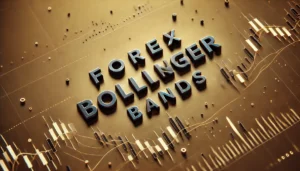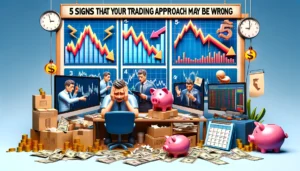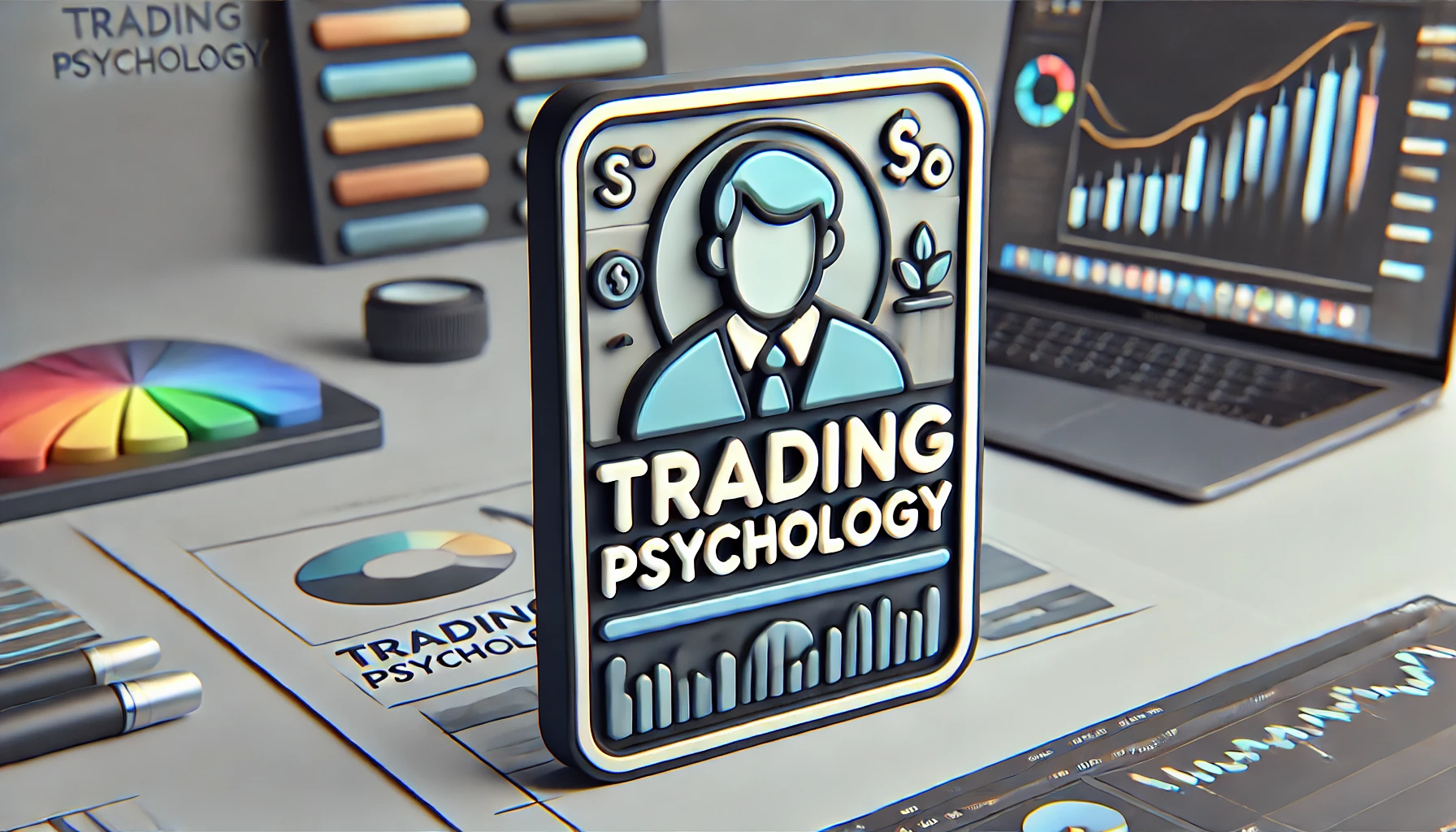While many traders obsess over analysis techniques and methodologies, the human element—namely trading psychology—often gets relegated to the background. However, it is this very psychological acumen that frequently separates the pros from the hobbyists in the trading arena.
So, what psychological forces lurk in the minds of traders, and how can one harness them for a competitive edge? In this article, we discuss what is trading psychology and dissect top strategies for its effective management.
What is trading psychology?
Trading psychology is an expansive term encapsulating the spectrum of emotions and mental states that traders confront while navigating the market. While some emotions like confidence and focus are allies in the trading journey, others such as fear, greed, and panic act as covert disruptors. This delicate mental landscape is not just a sidebar; it is the central narrative that often dictates a trader’s success or downfall.
When it comes to emotional hindrances in trading, fear and greed take center stage. These two emotional titans are notorious for derailing even the most promising trading careers. Fear, for instance, can choke your willingness to execute a trade or compel you to exit prematurely. This inhibiting emotion has the power to make you second-guess every decision, leading you down a path of missed opportunities.
On the other hand, greed can lure you into a treacherous mindset, where the hunger for quick, outsized gains supersedes rational judgment. It entices you to keep trades open for too long or to jump into high-risk situations without proper analysis. The repercussions can be disastrous, obliterating not just gains but also your initial investment.
The Strategy-Mind Gap
Interestingly, a stellar trading strategy is not a universal solution. You could wield the most mathematically sound strategy, but if you lack the psychological fortitude to implement it judiciously, success remains elusive.
Complicating matters, the emotional toll of trading often leans negative. Whether it is the bitter taste of a lost opportunity or the stress induced by volatile markets, negative experiences seem to outweigh the positive ones. And this bias can further feed into the cycle of poor decision-making.
Ignoring this aspect is akin to setting sail without a compass—you might stay afloat, but you are unlikely to reach your desired destination.
How to manage emotions while trading – Top 5 tips
Now let’s delve into some actionable tips that can help traders bolster their psychological edge.
1. Set Personal Rules and Adhere to Them
The unpredictable seas of trading can be better navigated with a set of personal guidelines.
Crafting rules that resonate with your trading style, such as defining risk/reward thresholds can act as your compass. But merely setting these rules is not enough; the magic lies in unwavering adherence. No matter the market’s siren calls or tempting deviations, sticking to your rules ensures emotional equilibrium.
2. Embrace the Inevitable Losses: Lessons, Not Failures
Brace yourself: losses are an inherent part of the trading journey.
Whether you are a novice or a seasoned trader, some trades will inevitably veer off course. But, it is essential to perceive them not as failures, but as lessons. After a setback, resist the urge to charge back instantly. Instead, dissect the situation, decide what was wrong, and prepare better for the future.
Remember, it is not about the outcome of a single trade but the aggregated results of many. So, fixate less on the stumble and more on the miles ahead.
3. Hit Pause sometimes
Continuous exposure to screens, charts, and market noise can wear out even the most zealous traders.
It is important to regularly distance oneself and rejuvenate. Especially after turbulent sessions or when a losing streak threatens to cloud judgment, stepping back can recalibrate your perspective. Take a stroll, sip some tea, or simply bask in silence. These breaks are not just for relaxation; they are strategic pauses, ensuring you return to the trading arena with a clearer mind and sharper focus.
4. Trade Small, Learn Big: The Power of Lower Trade Size
Starting in the vast expanse of trading can be daunting, especially for newcomers. One subtle yet potent strategy to alleviate initial apprehensions? Keep your trade size minimal!
By doing this, not only do you cushion your emotions from extreme highs and lows, but you also mitigate tangible risks. Larger lot sizes can eat into your margin swiftly, often culminating in premature trade closures due to margin calls. As a rookie, placing yourself in such high-risk zones is like diving into deep waters without knowing how to swim.
Lowering the stakes ensures that even if the trade does not favor you, it won’t knock you out of the game. Plus, it provides the breathing space to learn, adapt, and strategize better for subsequent trades.
5. Tame Your Expectations
Embarking on your trading voyage with dreams of instant wealth is similar to building a castle on quicksand. Not only is it unrealistic, but it can also spur impulsive decisions.
Understand this – trading is not a get-rich-quick arena; it is a marathon, not a sprint. Most trades will yield modest returns, and that is perfectly okay. Instead of getting disheartened, it is pivotal to grasp that consistent, smaller gains often accumulate substantial long-term profits.
Cultivate patience, refine your strategies, and take solace in steady progress. This tempered mindset not only anchors your emotions but also paves the way for sustained success.
Bottom line
In the grand scheme of trading, mastering the technical aspects is just half the battle won. The other half? It is fought and won in the mind. The tumultuous journey of trading is frequently marred by intense emotions, from the nail-biting anxiety of a falling trade to the euphoria of a lucrative investment. It is human nature to sometimes falter under these emotional pressures; indeed, even the most seasoned traders are not immune. Yet, it is this very ability to master one’s emotions and prioritize rationality, that separates successful traders from the rest.
If you are striving for success in the trading domain, remember: control your emotions, and let logic be your compass.
Read more:
https://thetradingbay.com/understanding-the-forex-trading-slump












